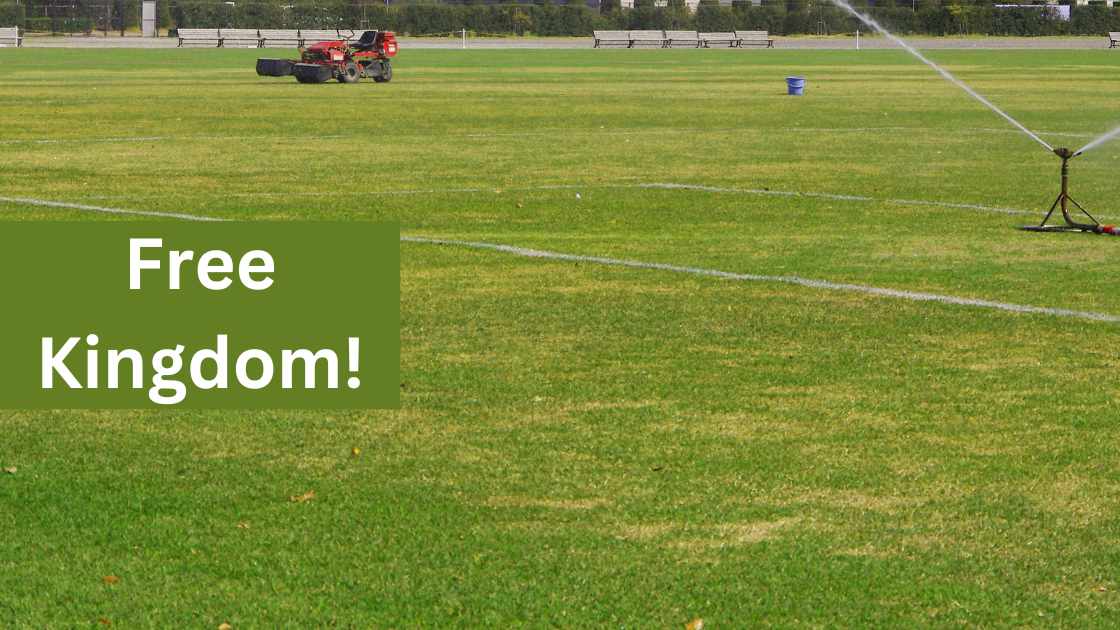Fruit flies are a common household pest, particularly during the warmer months when fresh produce is abundant. They are small, but their presence can be extremely frustrating as they can quickly multiply and become a nuisance. Understanding how to effectively get rid of fruit flies involves knowing what attracts them, how to prevent them, and the best methods to eliminate them once they’ve invaded your space. This article provides comprehensive information on how to control and eradicate fruit flies from your home.
Understanding Fruit Flies
What Attracts Fruit Flies?
Fruit flies (Drosophila melanogaster) are primarily attracted to ripened or fermenting fruits and vegetables. They are also drawn to other moist, organic materials, including:
- Overripe or rotting fruits and vegetables
- Fermenting liquids (such as beer, wine, cider, and vinegar)
- Garbage disposals and trash bins with food residues
- Wet mops and cleaning rags
Life Cycle and Habits
Fruit flies have a rapid life cycle, which contributes to their ability to infest quickly. A single female can lay up to 500 eggs, usually on the surface of fermenting or rotting food. The eggs hatch into larvae within 24 to 30 hours, and within a week, these larvae mature into adults capable of reproduction. The entire life cycle can be completed in about a week, allowing populations to grow exponentially if not promptly addressed.
Prevention Tips
Preventing fruit flies from entering and establishing in your home is the first line of defense. Here are some effective prevention strategies:
Proper Food Storage
- Store fruits and vegetables in the refrigerator: Keep produce in the fridge, especially if it is ripening or if you won’t consume it within a day or two.
- Use airtight containers: Store food scraps and leftovers in sealed containers to prevent fruit flies from accessing them.
Maintain Cleanliness
- Clean kitchen surfaces regularly: Wipe down countertops, tables, and other surfaces where food is prepared or consumed.
- Take out the trash frequently: Dispose of garbage regularly, especially if it contains food waste, and ensure trash bins have tight-fitting lids.
- Rinse recyclables: Clean bottles, cans, and other recyclable containers before storing them.
Eliminate Moisture Sources
- Fix leaks: Repair any leaks in plumbing to reduce moist environments that attract fruit flies.
Dry out cleaning tools: Hang mops and rags to dry after use rather than leaving them damp.
Effective Fruit Fly Elimination Methods - If you already have a fruit fly infestation, here are some proven methods to eliminate them:
Homemade Fruit Fly Traps
Creating simple, homemade traps can be an effective way to capture and kill fruit flies.
Apple Cider Vinegar Trap:
- Fill a small bowl or jar with apple cider vinegar.
- Add a few drops of dish soap (this breaks the surface tension and causes fruit flies to drown).
- Cover the container with plastic wrap and poke a few holes in it (fruit flies enter through the holes but can’t escape).
Fruit Trap:
- Place a piece of overripe fruit in a bowl.
- Cover the bowl with plastic wrap and poke small holes in it.
- Fruit flies will be attracted to the fruit, enter the bowl, and become trapped.
Commercial Fruit Fly Traps
There are also commercial traps available that use various attractants to lure and capture fruit flies. These traps are convenient and often come pre-baited, ready to use.
Insecticides
In cases of severe infestation, insecticides may be necessary. However, it’s important to use them cautiously and follow the manufacturer’s instructions to ensure safe and effective use. Look for products specifically labeled for use against fruit flies.
Professional Pest Control
If your fruit fly problem persists despite your efforts, consider hiring a professional pest control service. Professionals have access to more potent treatments and can provide ongoing monitoring and prevention advice.
Long-Term Control and Monitoring
After eliminating fruit flies, maintaining a clean and dry environment is crucial to prevent re-infestation. Regularly monitor common problem areas and continue implementing the preventive measures outlined above.
Routine Checks
- Inspect produce: Regularly check stored fruits and vegetables for signs of overripeness or spoilage.
- Clean drains: Periodically clean sink and floor drains with a mixture of boiling water and bleach or vinegar to remove organic build-up.
Seasonal Deep Cleaning
- Spring and Fall Cleaning: Conduct thorough cleaning of kitchen cabinets, pantry shelves, and other storage areas to remove crumbs and food residues.
FAQs
What is the best way to prevent fruit flies in my home?
The best way to prevent fruit flies is to store fruits and vegetables in the refrigerator, regularly clean kitchen surfaces, take out the trash frequently, and eliminate sources of moisture. Keeping food in airtight containers and ensuring that wet cleaning tools are dried properly also helps.
How can I make a homemade trap for fruit flies?
A simple homemade trap involves filling a small bowl with apple cider vinegar and adding a few drops of dish soap. Cover the bowl with plastic wrap and poke small holes in it. The fruit flies will be attracted to the vinegar, enter through the holes, and drown due to the soap breaking the surface tension.
When should I consider using professional pest control for fruit flies?
If your fruit fly infestation persists despite trying preventive measures and homemade or commercial traps, it may be time to consult a professional pest control service. They have access to more potent treatments and can provide ongoing advice and monitoring to prevent future infestations.
Final Thought
Getting rid of fruit flies involves a combination of preventive measures, effective elimination techniques, and ongoing maintenance. By understanding what attracts these pests and taking proactive steps to reduce their appeal, you can keep your home fruit fly-free. Remember, consistency is key to preventing and controlling fruit fly infestations. Implement these strategies and enjoy a clean, pest-free environment.




